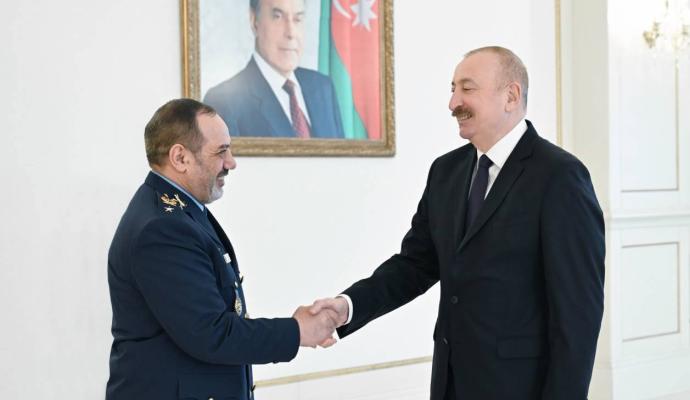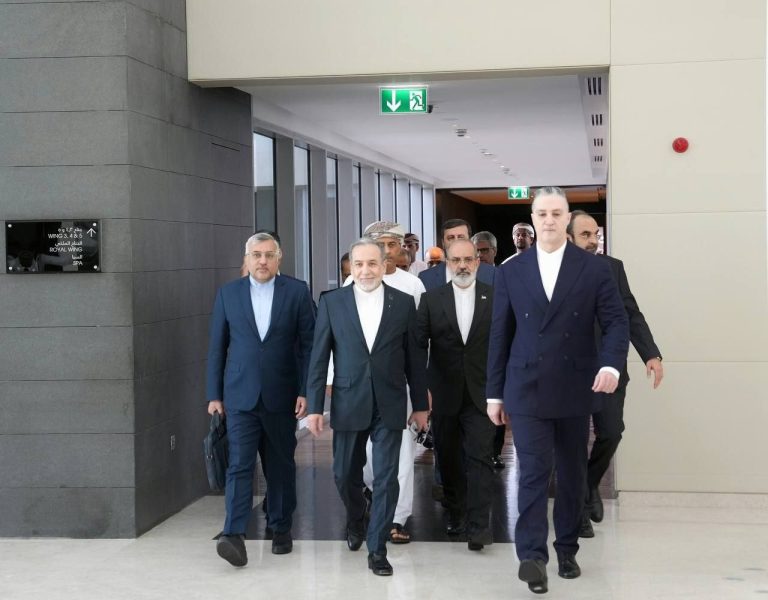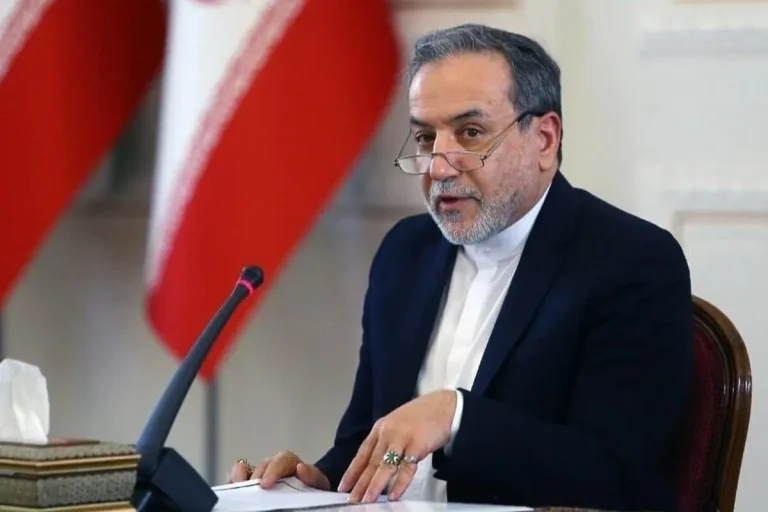Football Federation’s Appeals Committee Upholds Landmark Rulings on Player Contracts
In a series of definitive rulings, the Appeals Committee of the Football Federation has issued final verdicts on several high-profile contractual disputes, reinforcing the primacy of contractual text and the rights of players within Iran’s professional sports framework.
Traktor’s Appeal Dismissed in Landmark Contractual Interpretation Case
The Appeals Committee has dismissed the appeal filed by Traktor Cultural and Sports Club against a prior ruling concerning player Mr. Ehsan Moradian. The club was ordered to pay the player 4,771,991,360 Rials in outstanding contractual bonuses and an additional 183,721,667 Rials for court costs.
The core of the dispute revolved around the interpretation of a clause in the player’s contract that entitled him to a 5% bonus “upon obtaining an Asian quota.” Traktor argued that this clause specifically referred to qualifying for the AFC Champions League (Asia’s elite competition) and not the AFC Cup (Asia’s second-tier competition), which did not exist at the time of the contract’s signing. The club contended that its participation in the latter was as a replacement for another team and therefore did not trigger the bonus clause.
The Committee’s ruling established a significant precedent in contractual law within Iranian football. It found that the phrase “obtaining an Asian quota” is general and absolute in its meaning, encompassing all forms of qualification for Asian competitions. The ruling stated that whether the quota is earned directly through league performance or obtained through replacement, the collective effort of the team members is the contributing factor, thus fulfilling the contractual condition for the bonus.
The verdict emphasized that the clear text of the contract governs the relationship between the parties. It further invoked the legal principle of Contra Proferentem, which dictates that ambiguous terms in a contract should be interpreted against the party that drafted it—typically the club. This ensures that stronger contractual entities cannot use ambiguous language to avoid their obligations.
Mes Shahre Babak Case: Ruling Amended in Player’s Favor
In a separate case involving Mes Shahre Babak Cultural and Sports Club and player Mr. Sajad Abbasi, the Appeals Committee partially amended the initial ruling, ultimately resulting in a higher award for the player.
The club’s appeal against an order to pay 4,210,371,000 Rials was reviewed. While the Committee accepted the club’s evidence of some prior payments, it firmly rejected the club’s defense for withholding 55% of the player’s contract value. The club had cited unjustified absence, including alleged insults to the CEO, based on clauses within its internal disciplinary regulations.
The Committee deemed such clauses “arbitrary,” stating they grant the club unilateral and disproportionate power to reduce salaries without objective criteria, thus disrupting contractual balance. It noted that these types of clauses, often inserted by the stronger party (the club), are generally invalid. Furthermore, the player’s absence was found to be due to a proven injury and was therefore justified.
The Committee corrected a calculation error from the initial ruling, ultimately ordering Mes Shahre Babak to pay Mr. Abbasi 5,210,371,000 Rials in outstanding wages, plus a proportional amount for court costs.
Lorestan FA Request for Pardoning Player Rejected
The Committee also issued a ruling on a request from the Lorestan Football Association to pardon and forgive the remaining four-month suspension of Mr. Majid Alaienejad, a player formerly with Noud Orumiyeh and currently with Sorkh Abi Khorramabad.
The request was dismissed on two grounds. First, the Committee found that the Lorestan Football Association lacked the legal standing to file such a request in this specific case. Second, and more fundamentally, the ruling clarified that “there is no institution of pardon or clemency within the disciplinary regulations” of the Football Federation. The decision to reject the request was declared final.
These rulings underscore the Football Federation’s commitment to enforcing contractual obligations and maintaining a regulated and fair environment for the resolution of disputes within Iranian professional football.


